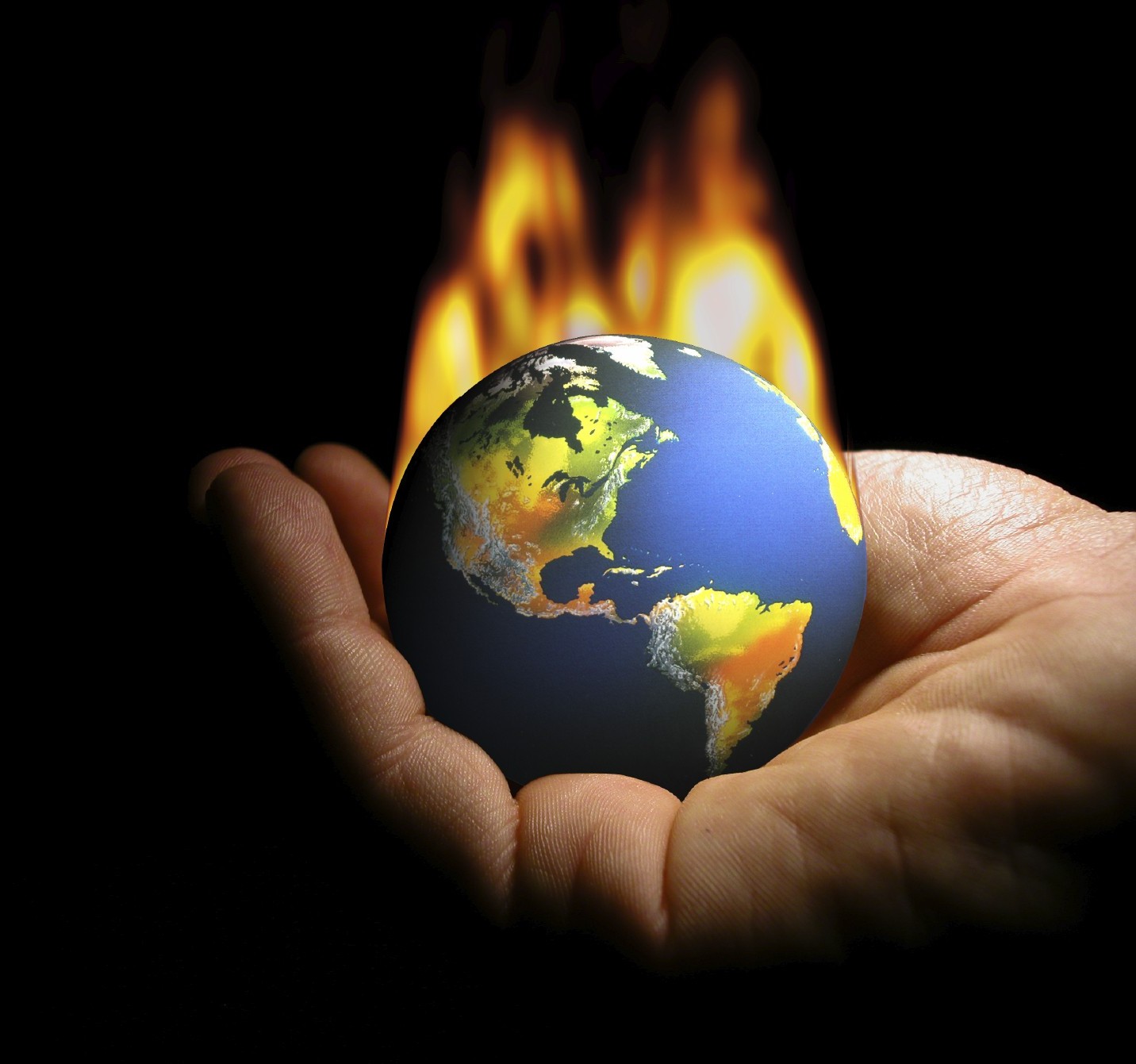
By Anne Rumberger
With Donald Trump’s nomination of climate change denialist Scott Pruitt to head the Environmental Protection Agency, it’s expected that any environmental gains made under Obama will be threatened and activists will be called on to more vigorously fight against the capitalists destroying our planet.
It is becoming increasingly evident that global warming is fundamentally linked to the regime of capital accumulation – a fact that no major government is willing to confront. How then should we think through such looming climate catastrophe? Here we present a reading list which aims to tackle one of the greatest issues facing us today:
How Did We Get Into This Mess?: Politics, Equality, Nature by George Monbiot
George Monbiot is one of the most vocal, and eloquent, critics of the current consensus. How Did We Get into this Mess?, based on his powerful journalism, assesses the state we are now in: the devastation of the natural world, the crisis of inequality, the corporate takeover of nature, our obsessions with growth and profit and the decline of the political debate over what to do.
Violent Borders: Refugees and the Right to Move by Reece Jones
Forty thousand people died trying to cross international borders in the past decade, with the high-profile deaths along the shores of Europe only accounting for half of the grisly total. Reece Jones argues that these deaths are not exceptional, but rather the result of state attempts to contain populations and control access to resources and opportunities. With the growth of borders and resource enclosures, the deaths of migrants in search of a better life are intimately connected to climate change, environmental degradation, and the growth of global wealth inequality.
Fossil Capital: The Rise of Steam Power and the Roots of Global Warming by Andreas Malm
How did capital’s insatiable addiction to the burning of fossil fuels begin? Andreas Malm’s masterful new historical study charts the rise of fossil capital from its origins in the development of steam power to drive the burgeoning cotton industry in nineteenth century Britain to contemporary China’s emisions explosion. Malm shows that it is the logic of capital, and not industrialism per se, that has driven us to the brink of climate catastrophe, and that a solution can only be sought in the overthrow of the current economic order.
Capitalism in the Web of Life: Ecology and the Accumulation of Capital by Jason W. Moore
Jason W. Moore’s groundbreaking Capitalism in the Web of Life aims to skewer the nature/society dualism that has prevailed in so much radical thought – whether red or green. Instead, Moore takes Capitalism not simply as an economic system but as a way of organising nature.
Bringing together the contemporary crises of food, climate and finance into a masterful synthesis, Moore fundamentally refashions the way we see nature and human interactions with it.
Molecular Red: Theory for the Anthropocene by McKenzie Wark
Wark’s Molecular Red is a search for the new philosophical tools that we need to confront the Anthropocene – the new geological era of man-made climate change. Wark explores the implications of Anthropocene through the story of two empires, the Soviet and then the American. The fall of the former prefigures that of the latter. From the ruins of these mighty histories, Wark salvages ideas to help us picture what kind of worlds collective labor might yet build.
The Shock of the Anthropocene: The Earth, History and Us by Christophe Bonneuil and Jean-Baptiste Fressoz
Scientists tell us that the Earth has entered a new epoch: the Anthropocene. We are not facing simply an environmental crisis, but a geological revolution of human origin. In two centuries, our planet has tipped into a state unknown for millions of years. How did we get to this point?
Refuting the convenient view of a “human species” that upset the Earth system unaware of what it was doing, The Shock of the Anthropocene proposes a new account of modernity that shakes up many accepted ideas: on the supposedly recent date of “environmental awareness,” on previous challenges to industrialism, on the manufacture of consumerism and the energy “transition,” as well as on the role of the military in environmental destruction.
Carbon Democracy: Political Power in the Age of Oil by Timothy Mitchell
Does oil wealth lead to political poverty? It often looks that way, but Carbon Democracy tells a more complex story. In this magisterial study, Timothy Mitchell rethinks the history of energy, bringing into his grasp as he does so environmental politics, the struggle for democracy, and the place of the Middle East in the modern world.
Living in the End Times by Slavoj Žižek
There should no longer be any doubt: global capitalism is fast approaching its terminal crisis. Slavoj Žižek has identified the four horsemen of this coming apocalypse: the worldwide ecological crisis; imbalances within the economic system; the biogenetic revolution; and exploding social divisions and ruptures. But, he asks, if the end of capitalism seems to many like the end of the world, how is it possible for Western society to face up to the end times?
Green Gone Wrong: Dispatches from the Front Lines of Eco-Capitalism by Heather Rogers
